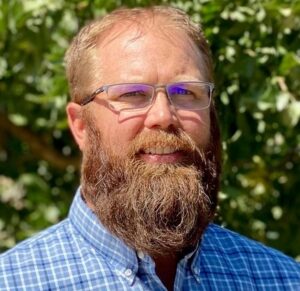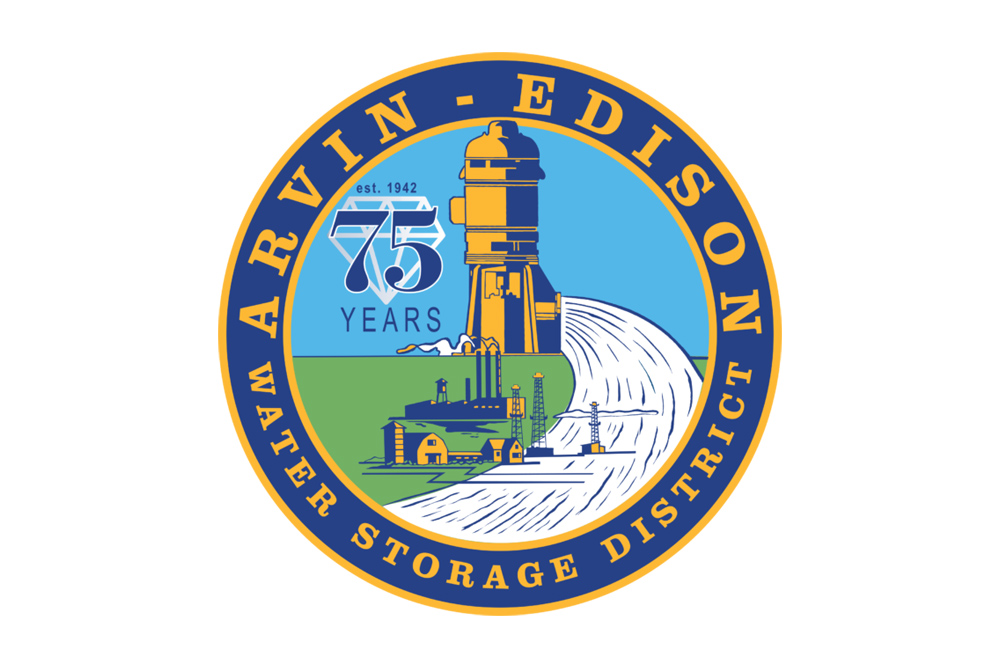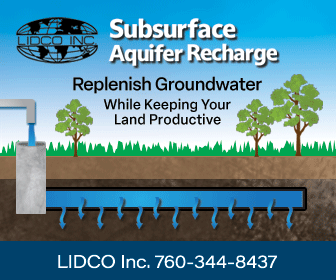By Dan Hoekstra
What is the most important factor when buying or selling agricultural real estate? Most of the time, every aspect is important to the buyer, while sellers are usually concerned with the price and timing of the close. Here are a few things to consider when making a purchase.
- Water District or Irrigation District
- Groundwater availability and water quality
- Soil type and quality
- Planted crops or suitable crops (yield history of permanent crops)
- Real Estate Broker (trust, integrity, ability)
- Price and Exposure (market conditions)
- Possible Tax Benefits (Depreciation)
- Cashflow
- Location
“Whiskey is for drinking and water is for fighting” – Mark Twain
You’ve probably heard the old real estate advice, “Location, location, location.” Not so with ag land. Water, water, and water are the three most important things to consider when buying farmland. When making a decision to buy or sell ag land in today’s market, when we are talking about farmland that is suitable to be farmed to row crops and permanent crops, we are making a decision on a water transaction. Land that is in a strong district that has reliable deliveries, low cost of water, and is in an area with good quality and available groundwater should always have a premium when compared to land that is challenged in any one or more of those areas. Buyers are cautious about buying in districts with low water deliveries, high water costs or areas with little or no groundwater availability.
Commodity prices tend to go up and down and most land values will be influenced by the crop and the profitability of the crop that is grown on it. If farmers are making a profit they tend to want to expand or buy ground so they can farm more acres. There are so many crops grown in California that at any one time some crops may be very profitable while others may not be. This crop diversity keeps the land market moving with active buyers and sellers. One thing that seems to remain constant is the need for multiple reliable water sources. Groundwater, surface water, banked water, SWP, CVP, Friant, CVC, oil produce water, water stocks and different river water through the local districts are all valuable water sources when considering the purchase of farmland. The water conditions for a property have the biggest influence on price and value for the buyer and greatest impact for marketability for the seller. Price is a function of perceived value and I believe that most ag real estate brokers today do a great job in getting properties exposed to the market. Many avenues are available and effective such as website and web platforms, email, social media, print, signs at the field, and phone calls to clients.
It’s hard to play the game if you don’t know the rules. Today farmers and water districts are subject to regulation from the State through the Sustainable Groundwater Management Act (SGMA), that was passed in 2014, and this has caused a significant amount of confusion for a lot of growers. The truth is, we know we will be allowed to pump less groundwater than before but we are still trying to figure out how much and how soon those reductions will take place. Will the decrease in available groundwater cause growers to secure more land and water in order to farm the same number of acres, or will they decide to farm a smaller percentage of what they already own?
One more point to consider is depreciation. Depreciation is defined by Webster as the reduction in the value of an asset over time. When making a purchase of agricultural property, buildings, wells, irrigation systems, fences, trellises, and permanent crops such as trees and vines may qualify as depreciable assets. Please consult with your tax professional when considering the purchase of ag real estate to see if you may benefit from depreciation.
A Valley native, farmer and Cal Poly SLO alumni, Hoekstra has a strong dairy background and experience with tree and row crops. He’s been a licensed realtor specializing in agricultural land since 2013 and became a broker in 2016 when he founded Hoekstra & Associates. You can contact him at dan@hoekstra.land and www.hoekstra.land
dairy background and experience with tree and row crops. He’s been a licensed realtor specializing in agricultural land since 2013 and became a broker in 2016 when he founded Hoekstra & Associates. You can contact him at dan@hoekstra.land and www.hoekstra.land
DISCLAIMER OF RESPONSIBILITY; Waterwrights.net strives to provide its clients with the most complete, up-to-date, and accurate information available. Nevertheless, Waterwrights.net does not serve as a guarantor of the accuracy or completeness of the information provided, and specifically disclaims any and all responsibility for information that is not accurate, up-to-date, or complete. Waterwrights.net’s clients therefore rely on the accuracy, completeness and timeliness of information from Waterwrights.net entirely at their own risk. The opinions expressed in this report are those of the author and do not represent any advertisers or third parties.
ALL RIGHTS RESERVED. Copyright 2022 by www.WaterWrights.net/DAW
































